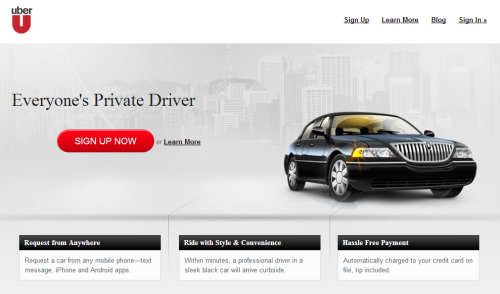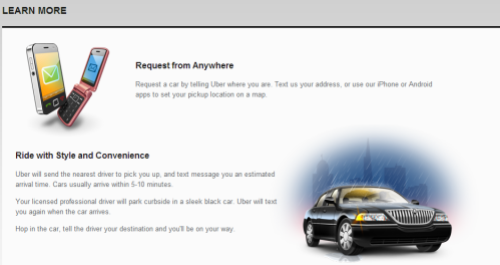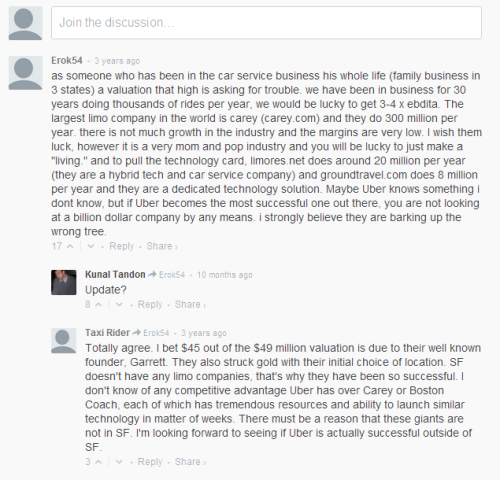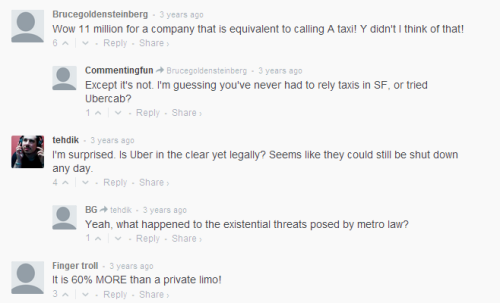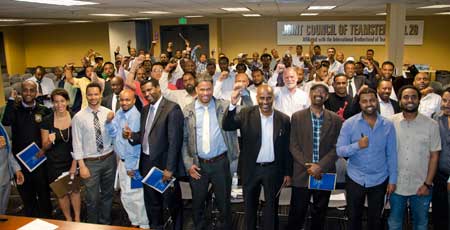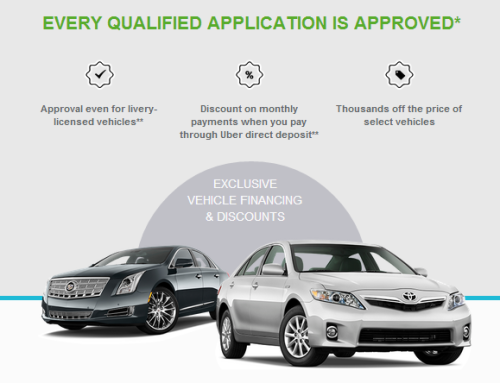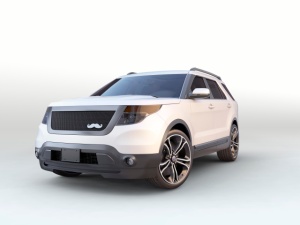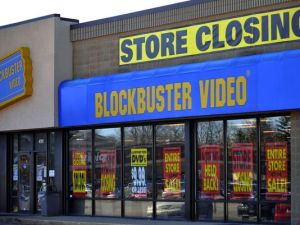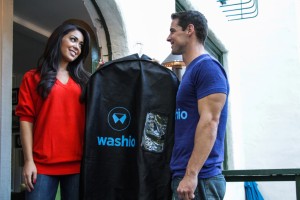Uber isn’t Woke
Uber has gotten a lot of flak for alleged sexism in the workplace, but according to its Diversity Report, 15.4% of Uber tech employees are women. That’s about on par with Facebook, and Facebook has been the best place to work in the country for four years running, according to BusinessInsider and Glassdoor.
Uber is the only one getting ripped on because it’s simply not woke. Here’s Lyft President John Zimmer in a recent interview about competing with Uber:
We’re woke. Our community is woke, and the U.S. population is woke… We’re not the nice guys, we’re a better boyfriend.
Statements like this make me wish I had Lyft installed on my phone, because I really want to #deleteLyft right now. If Uber’s company culture is considered hostile to women, I suspect that Lyft’s culture is hostile to anyone over the age of twelve.
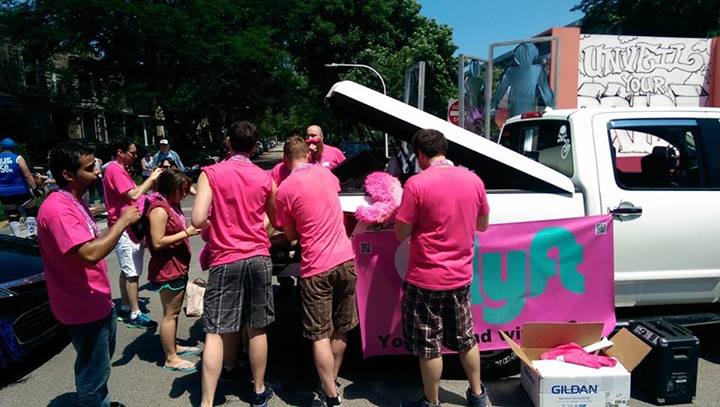
For all the lip service Silicon Valley pays to Diversity Issues, the industry has a very peculiar way of defining its goal. Diversity in Silicon Valley means having equal representation from women who think the same way you do, people of every color who think the same way you do, each of the LGBTTQQIAAP gender identities who think the same way you do, and so on.
Despite Lyft’s claims of wokeness, Verge says that Lyft is Not actually Woke, because Peter Thiel is an investor and Carl Icahn is a board member. Thiel and Icahn are advisors to the Trump administration — Guilty by transitive property #NotWoke.
It sure is hard to be woke.


